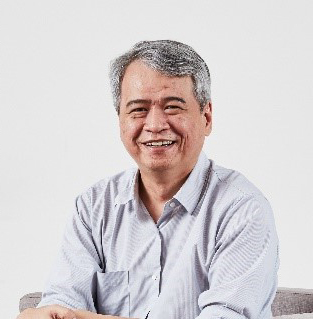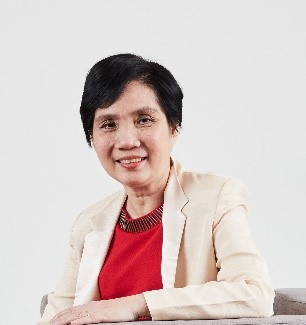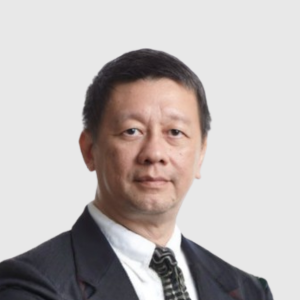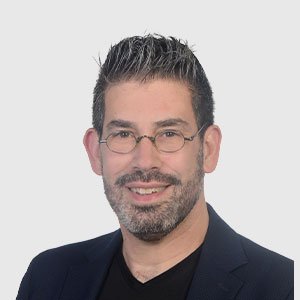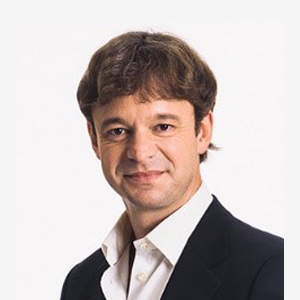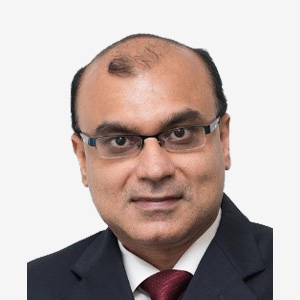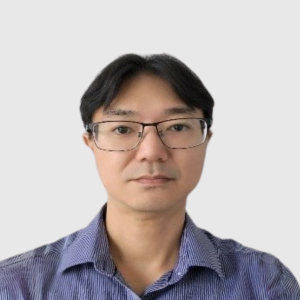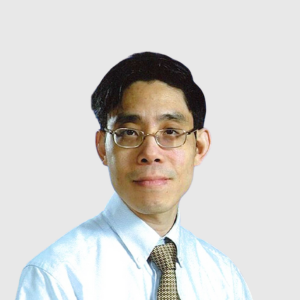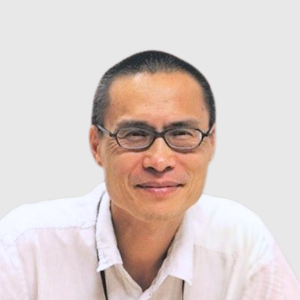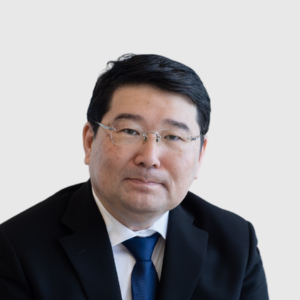Dr Ng Cheng Teng was awarded the Chua Toh Hua Memorial Gold Medal for Academic Year 2014/2015. This is a university level award given to the Doctor of Philosophy graduate with the most outstanding research work done in Life Sciences.
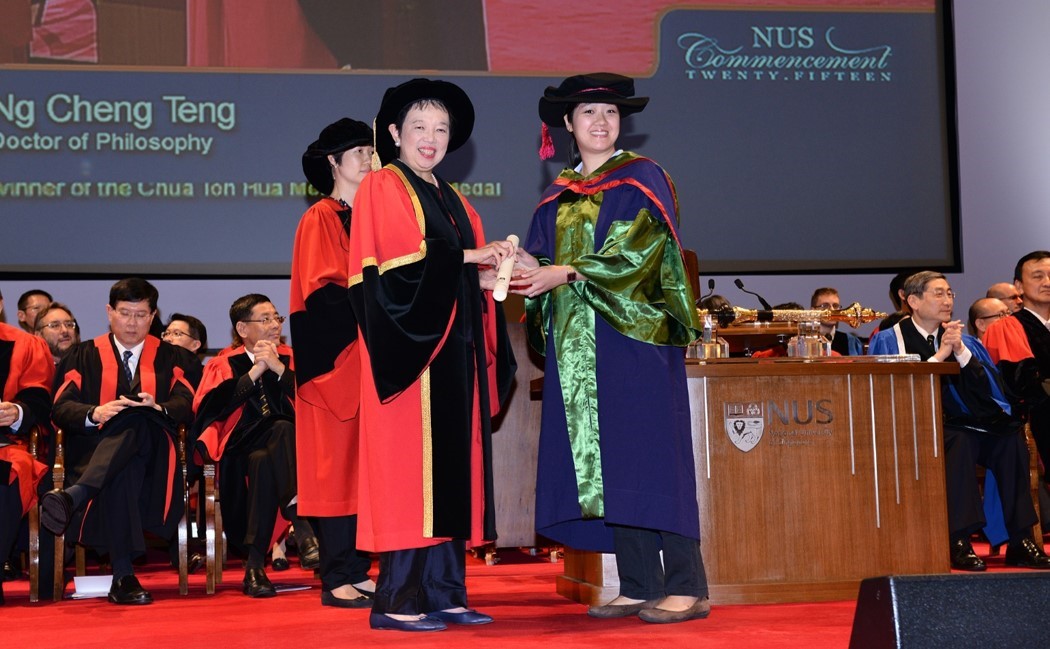
Dr Ng Cheng Teng graduated with a PhD in June 2015 from the NUS Yong Loo Lin School of Medicine, under the main supervision of Professor Bay Boon Huat from the Department of Anatomy. Her thesis was on the “Biological Effects of Gold Nanoparticles in the Lung.” She showed exceptional promise and accomplishment at an early stage of her PhD candidature and was awarded the President Graduate Fellowship in 2013.
Her PhD work has demonstrated that the presence of gold nanoparticles ( AuNPs) is likely to induce undesirable biological effects in the lung through the generation of oxidative stress, culminating in cellular damage and inflammation. The results from this nanotoxicological study has provided data that will help to address the health concerns associated with AuNPs, which will lead to the safer use of AuNPs for biomedical applications and the industry.
Advances in nanotechnology have given rise to the rapid development of many novel applications in the biomedical field. Therefore, this raises the need to elucidate the safety and health risks of these nanomaterials. The hypothesis for her study was that gold nanoparticles (AuNPs) exert both cytotoxic and genotoxic effects in lung cells in vitro and in vivo. Initial efforts made to validate the internalization of AuNPs in human lung cells by various microscopic methods, which showed that AuNPs were taken up by clathrin-mediated endocytosis. Subsequently, she demonstrated that AuNPs were able to generate oxidative stress, concomitant with an increase in the expression of anti-oxidant genes. AuNP treatment also induced cytotoxicity of small airway epithelial cells (SAECs). Moreover, the Comet assay revealed the presence of DNA fragmentation after AuNP exposure in SAECs, concurrent with up-regulation of the DNA repair Xeroderma pigmentosum gene.
Next, a genome wide microarray study revealed altered gene expression which included serum amyloid A-1 (SAA1), toll-like receptor 2 (TLR2), miR-155 and protein S alpha 1 (PROS1). Co-immunoprecipitation assay and in silico modeling were performed with TLR2-SAA1 in SAECs andpositive results observed, confirming TLR2-SAA1 protein-protein interaction. There was also concomitant activation of NFkB activity, suggesting that SAA1-TLR2 interaction could activate NFkB.
From the epigenetic studies, the findings suggested that miR-155 and histone deacetylases activity could regulate the expression of PROS1, but not DNA methylation in AuNP-treated MRC5 lung fibroblasts. Up-regulation of miR-155 was confirmed by the luciferase assay in AuNP-treated cells, and silencing miR-155 established the PROS1 gene as a putative target gene. Nuclear chromatin condensation and re-organization were also observed at the ultrastructural level in the treated cells.
A co-culture system coupled with whole proteome analysis, using the stable isotope labeling by amino acids in cell culture (SILAC) -mass spectrometry based approach, revealed a significant perturbation of cell motility and extracellular network in the underlying lung fibroblasts, demonstrating that AuNP treatment could induce by-stander effects in neighbouring unexposed fibroblasts.
Finally, a proof of concept study was performed in male Wistar-Kyoto rats injected with AuNPs intravenously. The biodistribution analysis confirmed the accumulation of AuNPs in the rat lungs. Systemic inflammation was observed as evidenced by the increase in serum transforming growth factor beta, interleukin 6 (IL-6) and IL-1α. Prolonged blood coagulation time was observed in the AuNP-treated rats, implying that AuNP exposure could potentially lead to bleeding diathesis. Moreover, there was also inflammation of lung tissues in AuNP-treated rats, as evidenced by the presence of lymphocytic infiltration, influx of macrophages and increased IL-1α expression in the tissues. A miRNA expression profiling study showed that expression of miR-327 was significantly decreased in the single dose AuNP injection.
She has co-authored a total of nine papers in reputable journals during her candidature, including two first author papers in the high impact journal “Biomaterials”. She was also selected to represent the NUS Yong Loo Lin School of Medicine for the 6th HOPE Meeting, held in Japan in March 2014, which was organized by the Japan Society for the Promotion of Science for “excellent doctoral students and young researchers selected from countries/areas in the region to engage in inter-disciplinary discussions with Nobel laureates and other distinguished scientists”.




